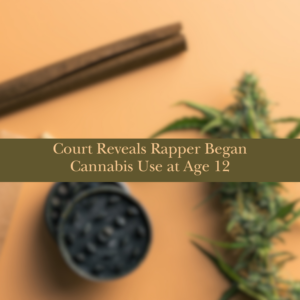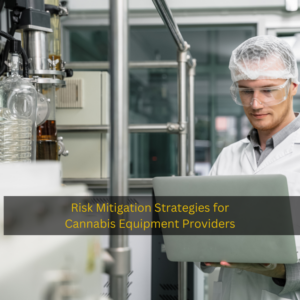Time for Change: Physician Advocates Push for Equitable Regulation of Hemp-Derived Cannabinoids

Addressing Regulatory Gaps
A group of physicians who support drug policy reform say in a new position paper on the widespread accessibility of delta-8 THC and certain other cannabinoids derived from federally legal hemp that further regulation of the lesser-known chemicals is crucial in order to protect public health.
Call for Regulation
“Our understanding of these compounds is limited,” says the paper, from the group Doctors for Drug Policy Reform (D4DPR), a nonprofit that generally advocates for the legal regulation of drugs such as marijuana rather than prohibition. “Many have never been observed in nature and their toxicology is unknown.”
Bridging the Policy Gap
Bryon Adinoff, the group’s president, told Marijuana Moment that the paper is intended to help bridge the policy gap between hemp—legalized federally through the 2018 Farm Bill—and marijuana, which remains federally illegal.
Implementing a Regulatory Framework
The paper recommends implementing “a regulatory framework for all intoxicating cannabinoids, regardless of their source (hemp, cannabis, laboratory synthesis, or via bioreactors/fermentation).”
Warning Against Prohibition
Regulators, the paper says, must “recognize that an outright ban on minor cannabinoids (rather than their regulatory control) will result in a continuation of the drug war, leading to negative outcomes on public health.”
Closing Regulatory Loopholes
As the paper notes, delta-8 THC—as opposed to the delta-9 THC in marijuana—”remains legal and unregulated, with limited testing and taxation, lacking warnings about its intoxicating effects, without dosing limits, and easily accessible to minors.”
Aligning State and Federal Regulations
D4DPR recommends that all states without a regulatory framework for minor cannabinoids to align them “with those in place for cannabis.” For states without either medical marijuana or legal adult-use cannabis, the group recommends that delta-9 THC “should be included in this framework,” a gentle call for an end to prohibition.
Federal Action Needed
At the federal level, the group says cannabis ought to be descheduled “to eliminate the confusion between hemp and cannabis and establish a minimal regulatory structure that can be adapted by individual states.”
Urgency for Congressional Action
The paper comes on the heels of a letter from attorneys general from 20 states and Washington, D.C. earlier this year that asked congressional leaders to take action on intoxicating hemp products.
Challenges in Distinguishing Between Marijuana and Hemp
Regardless of the strict legal definition dividing marijuana and hemp, what’s available on the market is harder to definitively distinguish.
Conclusion
As the landscape of cannabis and hemp products continues to evolve, the need for comprehensive regulation becomes increasingly urgent to safeguard public health and ensure consumer safety. The recommendations put forth by D4DPR highlight the importance of bridging regulatory gaps and addressing the complexities of the current cannabinoid market.











